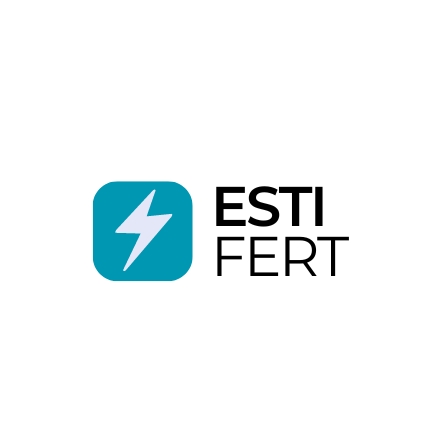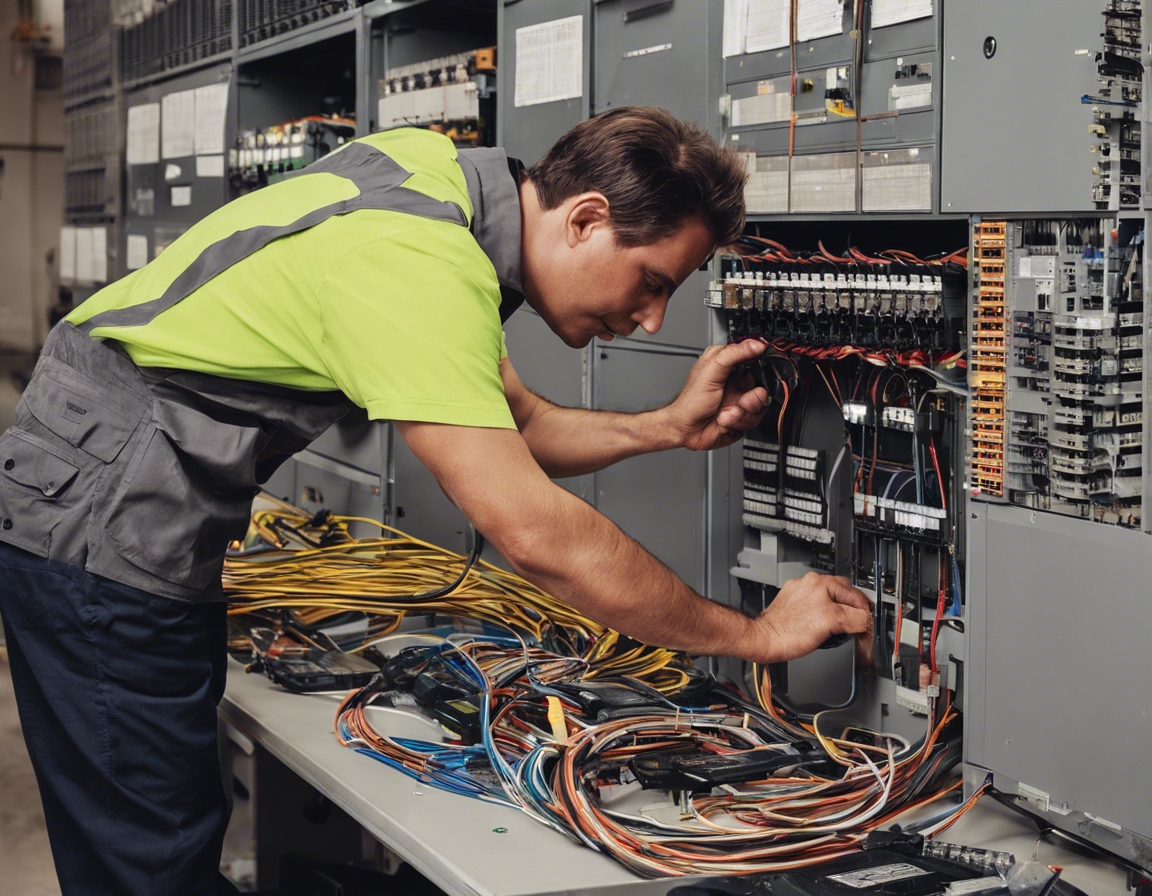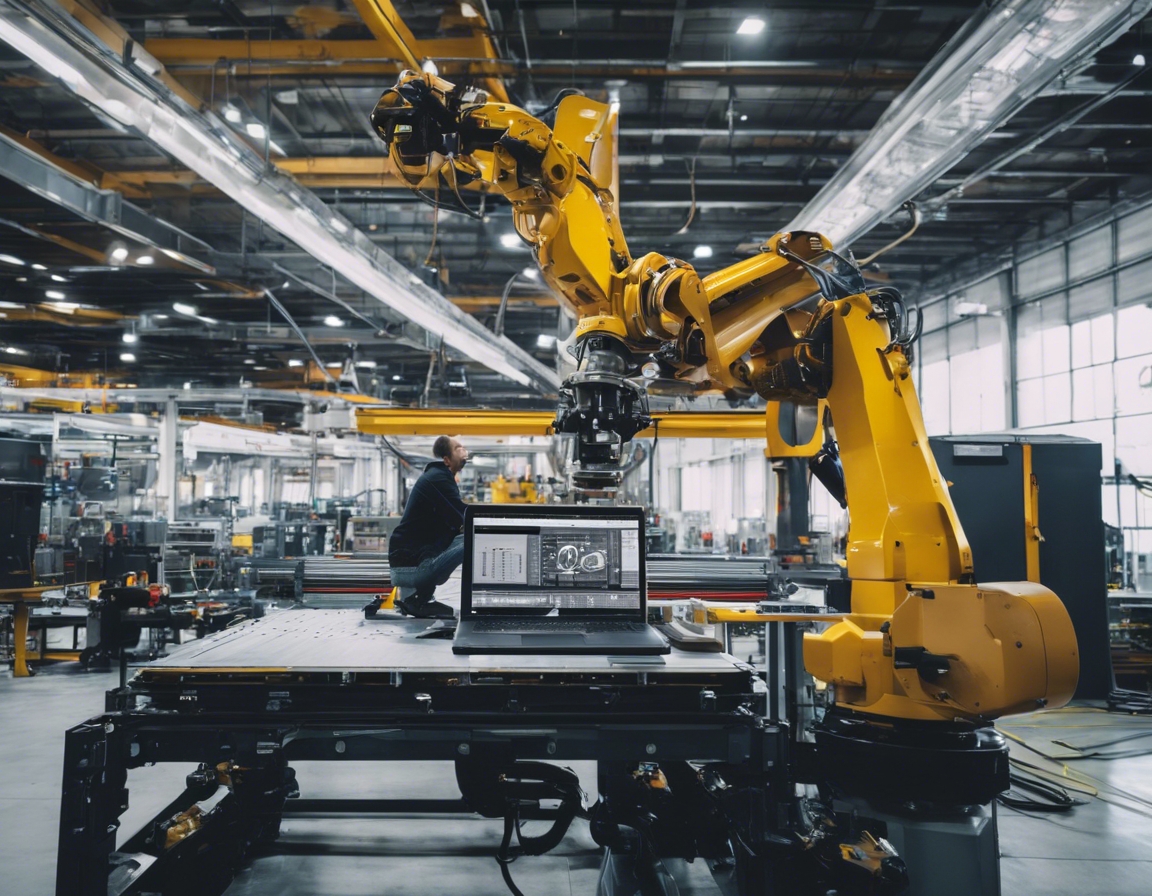Custom vs. off-the-shelf: what's best for your automation needs?
Automation has become an integral part of modern industry, offering unparalleled efficiency, consistency, and quality control. It encompasses a wide range of technologies designed to perform tasks without human intervention, from simple mechanical devices to complex software systems.
For industrial and manufacturing facilities, commercial enterprises, and infrastructure projects, selecting the right automation system is critical. The choice between custom and off-the-shelf solutions can significantly impact performance, cost, and the ability to meet specific operational requirements.
Off-the-Shelf Automation Solutions
Off-the-shelf automation solutions are pre-designed systems that are ready to be deployed. They are typically cost-effective, easy to implement, and come with established support networks. These solutions are ideal for standard processes that do not require specialized customization.
However, the one-size-fits-all nature of off-the-shelf solutions may not align with the unique needs of every operation. They can lack the flexibility to adapt to specific processes or integrate seamlessly with existing systems, potentially leading to inefficiencies or additional costs in the long run.
Off-the-shelf solutions are best suited for businesses with standard processes that require minimal customization. They are also a good choice for companies looking for a quick deployment and those with limited budgets for initial investment.
Custom Automation Solutions
Custom automation solutions are tailored to meet the exact requirements of a particular operation. They offer a high degree of flexibility and can be designed to integrate seamlessly with existing equipment and workflows, optimizing the entire production process.
Developing a custom solution can be more time-consuming and costly than opting for an off-the-shelf system. It requires a detailed analysis of the operation's needs, as well as close collaboration with the automation provider to ensure the system meets all specifications.
Custom automation is ideal for operations with unique processes or those looking to gain a competitive edge through specialized technology. It is also the preferred choice for companies with long-term strategic goals that include scalability and adaptability.
Comparing Custom and Off-the-Shelf Automation
While off-the-shelf solutions may have a lower upfront cost, custom automation can offer better value over time through increased efficiency and reduced waste. The total cost of ownership should be considered when making a decision.
Custom solutions provide greater scalability and flexibility, allowing businesses to adapt to changing market demands and technological advancements. Off-the-shelf systems may require additional investment to scale or modify.
Custom automation can be designed to integrate smoothly with existing systems, reducing the need for extensive modifications. Off-the-shelf solutions may not fit as neatly into the current infrastructure, potentially leading to integration challenges.
Both custom and off-the-shelf solutions come with varying levels of support and maintenance. It is important to evaluate the level of service provided by the vendor and how it aligns with the company's needs.
Off-the-shelf solutions can typically be deployed faster, reducing time to market. Custom solutions, while taking longer to develop, can provide a more optimized and efficient process in the long run.
Factors to Consider When Choosing Automation Solutions
It is crucial to have a clear understanding of your operation's specific needs before choosing an automation solution. This includes evaluating the complexity of tasks, the level of customization required, and future growth plans.
Technical requirements such as system compatibility, data handling capabilities, and performance metrics should be thoroughly assessed to ensure the chosen solution meets all operational demands.
Consideration of long-term strategic goals is essential when selecting an automation system. A solution that aligns with the company's vision for growth and innovation will provide the most benefit over time.
The expertise and support offered by the automation solution provider are critical factors in the success of the system. A vendor with a strong track record and comprehensive support services can greatly enhance the effectiveness of the automation solution.






Comments (0)